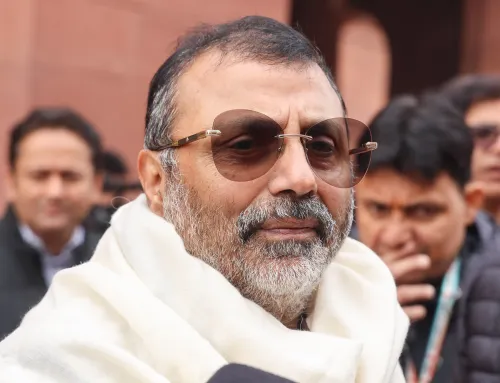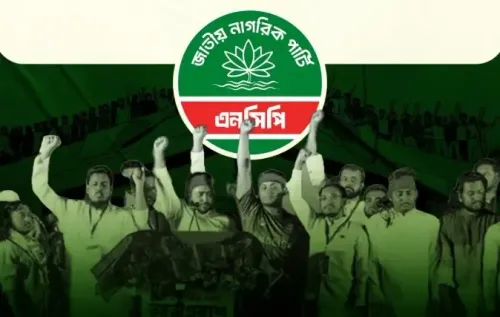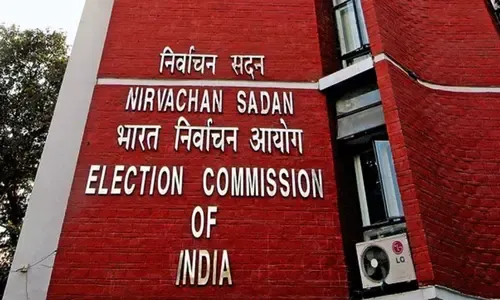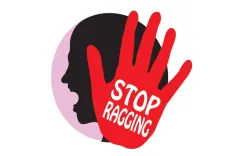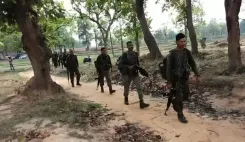Are Minorities in India Hostages Rather Than Citizens?

Synopsis
Key Takeaways
- Minorities in India face significant challenges and are perceived as hostages.
- Rights of minorities are fundamental, not acts of charity.
- Systemic inequalities in education and economic opportunities exist.
- Owaisi demands adherence to the Constitution's promises.
- Dialogue about minority rights is crucial for India's social fabric.
Hyderabad, July 7 (NationPress) In a scathing response to Minister for Minority Affairs Kiren Rejiju's assertion that India stands as the sole nation where minorities receive greater benefits and protections than the majority community, AIMIM President Asaduddin Owaisi declared on Monday that India's minorities are not even second-class citizens but rather hostages.
Owaisi emphasized on X, stating, "India’s minorities are not even second-class citizens anymore. We are hostages." This comment was a sharp retort to the claims made by the Union Minister.
He reminded Rijiju that he serves as a minister and not a monarch, holding a constitutional position rather than a throne, highlighting that minority rights are fundamental rights and not mere acts of charity.
"Is it a benefit to be labeled a Pakistani, Bangladeshi, jihadi, or Rohingya daily? Is it protection to face lynching? Is it protection when Indian citizens are abducted and forced into Bangladesh? Is it a privilege to witness our homes, mosques, and shrines being illegally demolished? To be rendered socially, politically, and economically invisible? Is it an honour to be the target of hate speeches from the Prime Minister of India? India’s minorities are not even second-class citizens anymore. We are hostages," he passionately articulated.
"If you wish to discuss 'favours', consider this: can Muslims serve on Hindu Endowment Boards? No. Yet your Waqf Amendment Act imposes non-Muslims onto Waqf Boards, allowing them to achieve a majority. You have eliminated the Maulana Azad National Fellowship and defunded pre-matric scholarships. You have restricted post-matric and merit-cum-means scholarships, all because they benefited Muslim students," Owaisi asserted.
"Muslims are now the only demographic whose numbers in higher education have declined. Their presence in the informal economy has surged. They have suffered the most under your economic policies. This is backed by your own government’s data. Indian Muslims are the only group whose children are now worse off than their parents or grandparents. Intergenerational mobility has reversed. Areas with high Muslim populations are the most deprived of public infrastructure and essential services."
"We are not seeking to be compared with minorities in other countries. We don’t ask for more than what the majority community receives. We demand what the Constitution guarantees: social, economic, and political justice," the AIMIM chief concluded.


